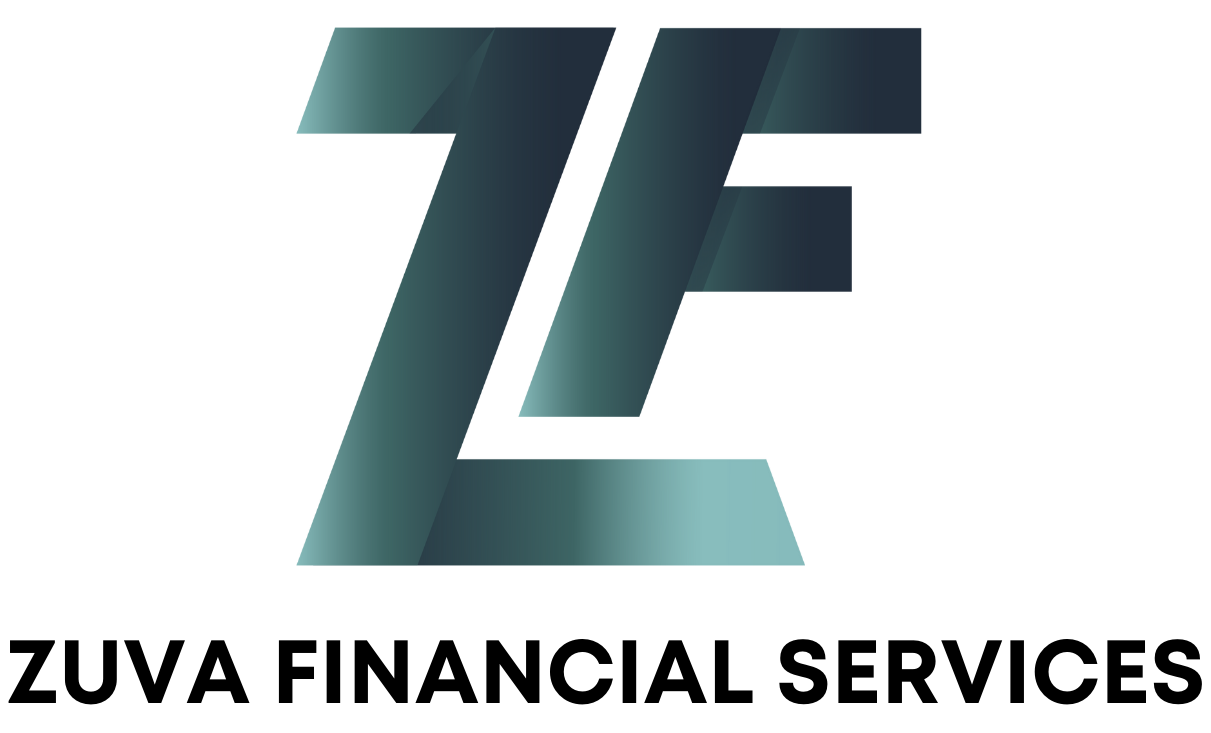My name is Constance Kawelenga and I am a registered Chartered Accountant and Auditor, and today we’re going to talk about your accounting and billing systems.
The Significance of Billing Systems
Your billing system should serve as an essential tool in managing your practice’s finances. It should provide you with crucial insights, such as:
- Billing for Various Services: It should enable you to accurately bill for the variety of services your practice offers.
- Total Billed per Patient: Tracking the total billed per patient ensures that you’re compensated for all services provided.
- Total Billed per Month: This includes both amounts that include and exclude VAT, ensuring you maintain transparency in your billing.
- Outstanding Amounts: You should be able to easily identify outstanding balances, both per patient and in total, to facilitate collections.
The Role of Accounting Systems
Your accounting system is the financial backbone of your practice. It should provide a comprehensive view of your practice’s financial health, including:
- Total Income per Month/Year: It tracks your practice’s revenue, helping you understand your financial performance.
- Total Expenses per Month/Year: Monitoring expenses is essential for controlling costs and maximizing profitability.
- Profit per Month/Year: By subtracting expenses from income, you can assess your practice’s profitability.
- Total Debtors: Identifying debtors and their outstanding balances is vital for managing cash flow.
- VAT Payable per VAT Period: Your accounting system should help you calculate and track your VAT liabilities accurately.
- Total Assets (Short Term and Long Term): It provides insights into the value of your practice’s assets.
- Total Liabilities: Understanding your liabilities is crucial for sound financial planning.
- Net Equity: This metric indicates your practice’s financial position and equity.
The Intersection of Billing and Accounting
The seamless integration of billing and accounting systems is crucial. There are specific areas where these two systems should align:
- Income: The income recorded in your billing system should match the income in your accounting system to ensure financial accuracy.
- Debtors: The outstanding balances in both your billing and accounting systems should align to prevent discrepancies.
Challenges of Disconnected Systems
In practice, we often encounter issues where billing and accounting systems fail to communicate effectively. This misalignment can lead to significant reconciliation problems. To address this, we recommend using a straightforward accounting system, such as Sage.
Why Sage?
We recommend Sage for several reasons:
- Online Accessibility: Sage offers a user-friendly online platform that can be seamlessly integrated with your accountant’s workflow.
- Affordable Pricing: Sage provides flexible pricing options, including monthly and annual fees. The monthly fee is R370, the annual fee is R4,440, and there’s also a R4,140 bundle fee, all excluding VAT.
- Comprehensive Bundle: The bundle fee includes access to Sage Business Cloud Accounting for one company and two users, as well as Sage Business Cloud Payroll for two employees, offering a comprehensive financial solution.
Conclusion
Efficient accounting and billing systems are the backbone of a successful medical practice. They not only facilitate transparent billing and financial tracking but also contribute to your practice’s overall financial health.
To avoid the issues caused by disconnected systems, consider adopting a streamlined solution like Sage, which can seamlessly align your billing and accounting processes. By optimizing your financial management, you can focus more on providing excellent patient care and growing your practice.





